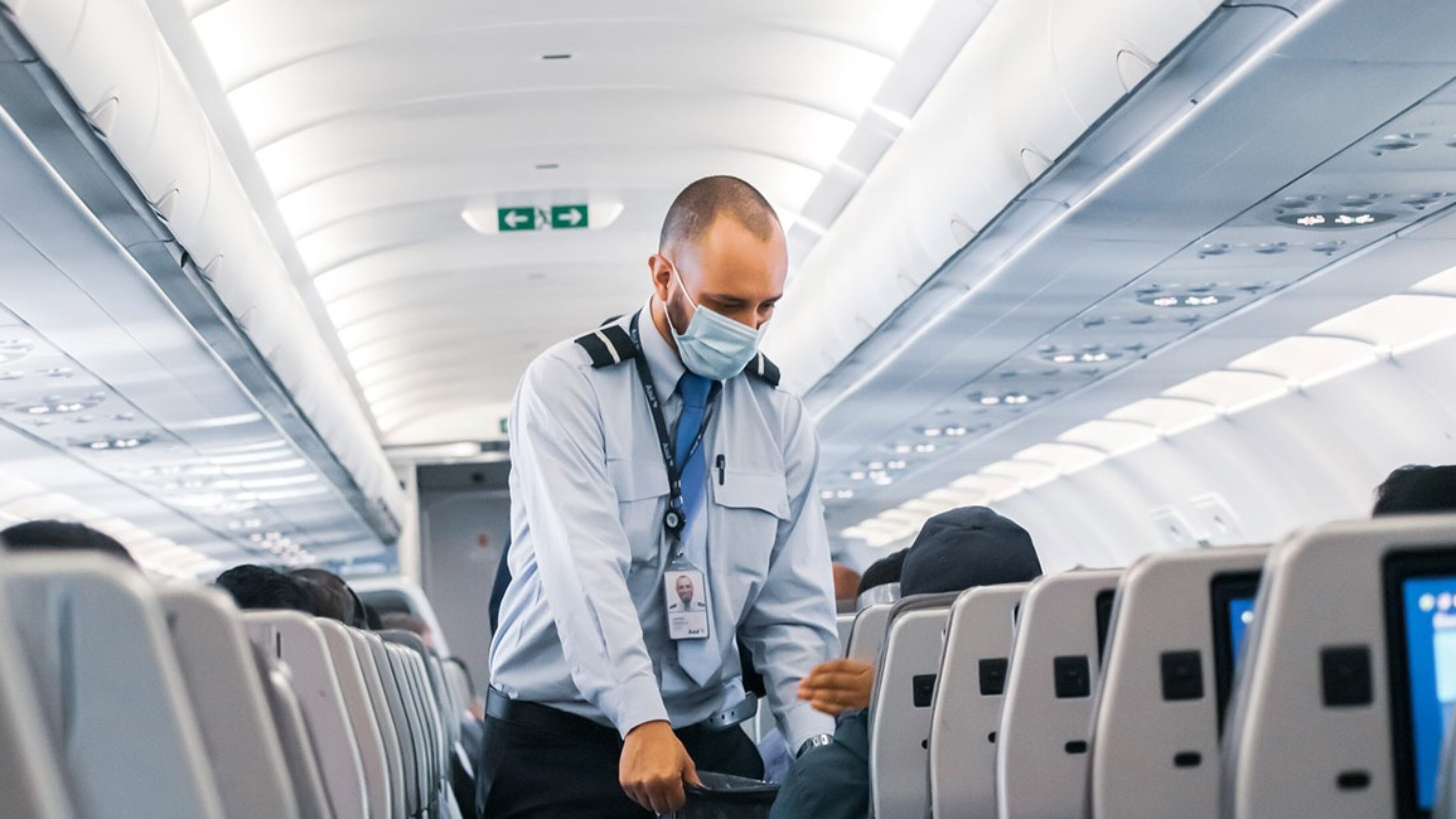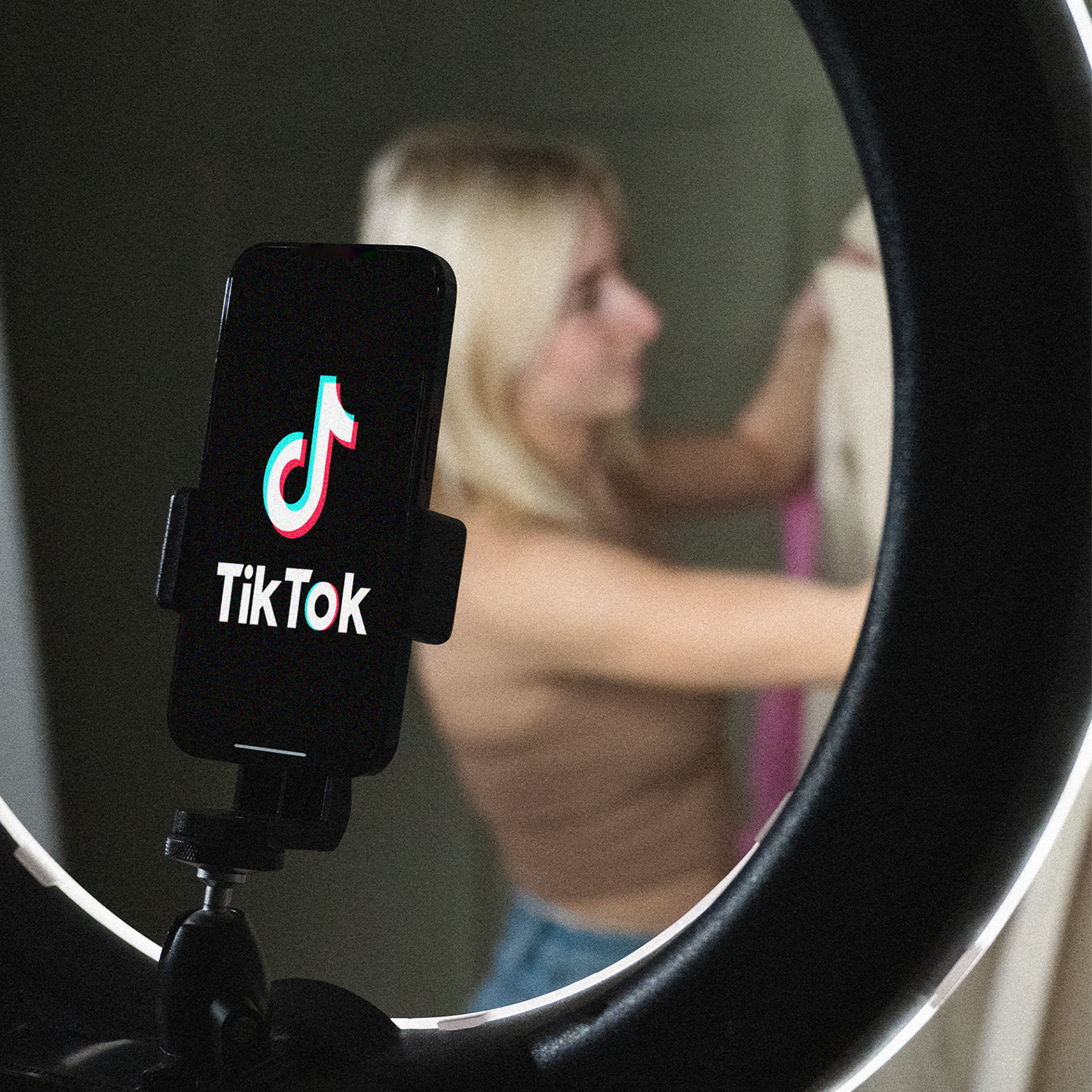While we are still facing travel restrictions due to the COVID-19 pandemic, tourism industries are making the most of their resources to generate new customers and maintain consumer loyalty. This has been essential as the UK’s tourism sector alone saw a 62% loss in revenue during 2020.
During the height of the national lockdowns, many industries, including tourism, turned to digital to fill the gaps in customer experience. Technology usually reserved for film and gaming industries has increased usage amongst unexpected sectors, including tourism. We look at how travel companies have utilised new digital spaces and whether they could become part of the usual way we holiday post-pandemic.
National Video Tours
With the disappointment from thousands of fans not travelling to Tokyo for the 2020 Olympic Games, Japan came up with a creative solution for those still wishing for a taste of the country’s culture. The Japanese National Tourist Organisation has used 360-degree filming to create a virtual reality experience for tourists who are themselves visiting virtually. In just 3 three minutes, the VR experience lets would-be travellers meet a robot, fight with a sumo wrestler, become a Pikachu doll and more.
Japan is also one of the many countries using live streaming to give tourists a taste of the city within digital spaces through virtual travel deals. Placing cameras in vibrant areas so that viewers can see everything, from the iconic cherry blossoms in bloom to the famous Shibuya Crossing, is a great way to make people feel that they are immersed in a cultural experience despite being sat at home.
Taxi drivers in Singapore have taken a similar approach, launching live streams of the country from their cabs using the popular platform Twitch. Hawaii has gone one step further by offering virtual field trips with activities such as Polynesian dance tutorials and a historical tour of the Battleship Missouri Memorial. Macao also aims to bring a totally immersive experience with their YouTube channel with the opportunity to find yourself in the middle of Chinese New Year celebrations.
With national tourism boards turning to digital to keep tourists engaged despite the difficulty to travel, this seems to herald a new era of virtual travel and experience from a wide range of locations.
Thomas Cook
This travel company faced significant challenges during the COVID-19 pandemic, eventually deciding to trade exclusively online. However, its use of VR technology showed innovation in the digital tourism space. Through 360 videos of popular holiday destinations, potential customers could get a real taster of their trip before booking. This “try before you fly” technique even allowed customers to experience helicopter tours and pool trips all from the comfort of a Thomas Cook store. Using VR as a pre-holiday experience helped tourists book with more confidence, undoubtedly helping boost overall sales.
There is even potential for people to view the same room they could be staying in before booking, provided that enough partnership existed between travel companies and hotels. For example, the travel comparison site Skyscanner took a more abstract approach by partnering with popular music streamer Spotify. The site offered holidaymakers playlists tailored to different countries and aimed to immerse them in cultures through music.
It is clear that travel companies have endless possibilities to use the digital space. Virtual tourism and experiences could become desirable enough to compete with IRL holidays with a bit of creativity.
Kayak
Despite many of their competitors choosing to adapt to a more digital space, Kayak, the popular travel comparison website, took a different approach. They created a spoof webpage and video to match, parodying the sale of a virtual holiday VR headset (which, of course, goes wrong). However, Kayak was staunchly against replacing virtual holidays for real ones, however temporary that might be, and the message at the end of the parody video was “nothing’s better than a real holiday”.
Whilst this is a bold and no-nonsense approach, it could be limiting in the future as tourists themselves have become more open-minded and adaptable. Furthermore, Kayak is incredibly dependent on an unpredictable world future by excluding themselves from the digital tourism space. However, for those waiting anxiously to get back to traditional travel, Kayak will undoubtedly stand out amongst the crowd.
Monuments
With historical monuments a big draw for tourism across the globe, many sites have allowed visitors to continue touring throughout lockdown through video and VR. Sites such as Machu Picchu, The Great Wall of China and The Vatican have prepared first-hand experience tours, including voice-over narrations and 360 viewings. Due to the nature of the tours, virtual visitors may even be allowed to view previously off-limits areas and get close up to rare artefacts like never before.
As historic sites are damaged through mass tourism, recreating them in VR could help with their conservation. The footfall of a few film crews can replace thousands of visitors each year that endanger the longevity of some of the world’s most ancient sites. Moving these tours to the digital sphere could ultimately become a matter of historic preservation over COVID travel restrictions.
Conclusion
Digital innovation has the power to transform how we explore the world. Current travel restrictions bring a massive advantage to the tourism industry looking to survive during the COVID pandemic. The ability to create immersive experiences through VR especially has seen people adapting comfortably to this virtual way of travelling. However, not all have taken to digital travel, and undoubtedly traditional travel will see significant boosts when allowed to open up once more.
For the environmentally conscious, however, virtual travel shows a way to experience new places whilst reducing the overall carbon footprint and helping to preserve unique historical and natural sites. For this reason, digital travel will no doubt remain in some form post-pandemic, with many as yet unimagined innovations to come.








